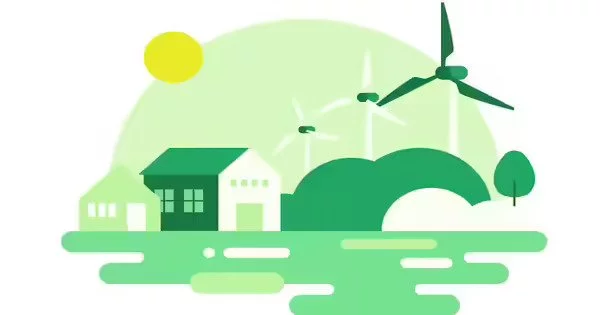Micro-sustainability is a subset of sustainability that focuses on small-scale environmental measures that have a larger cumulative impact on the environment. It refers to sustainable practices at a small or local scale, such as within a household, community, or small business. Individual efforts, behavior modification, education, and creating attitudinal changes result in an environmentally conscious individual in micro-sustainability. It involves taking steps to reduce environmental impact, conserve resources, and promote social and economic sustainability in a localized context.
Micro-sustainability promotes long-term change by empowering “change agents”—individuals who promote positive environmental action locally and within their sphere of influence. Recycling, power savings by turning off unused lights, programming thermostats for efficient energy use, reducing water usage, changing commuting habits to use fewer fossil fuels, and modifying purchasing habits to reduce consumption and waste are all examples of micro-sustainability.
Examples of micro-sustainability practices include:
- Conserving energy by using energy-efficient appliances and lighting, turning off electronics when not in use, and reducing heating and cooling usage.
- Reducing waste by composting food scraps, using reusable bags and containers, and recycling materials.
- Conserving water by fixing leaks, using low-flow fixtures, and collecting rainwater for gardening.
- Supporting local businesses and buying locally grown or produced products to reduce carbon emissions from transportation.
- Growing food in a home garden or community garden promotes self-sufficiency and reduce food miles.
By practicing micro-sustainability, individuals and small communities can contribute to larger global efforts to promote sustainability and reduce environmental impact. The emphasis of micro-sustainability is on individual actions rather than systemic organizational or institutional practices. These small local-level actions have immediate community benefits when implemented on a large scale, and if replicated, they can have a large cumulative impact.
Concerns have been raised about the efficacy of micro-sustainability. Many studies on individual and small community practices can only analyze a limited amount of data and cannot fully conclude whether small community changes will result in larger-scale changes. Furthermore, because sustainability is so complex, it is nearly impossible to model or keep track of all aspects of it, and studies that have attempted to do so have found that successful situations at a micro level either do not work or worsen environmental impacts at a larger scale.
















